The Pirates of Folly Beach, SC: A Tale of History, Mystery, and Legends
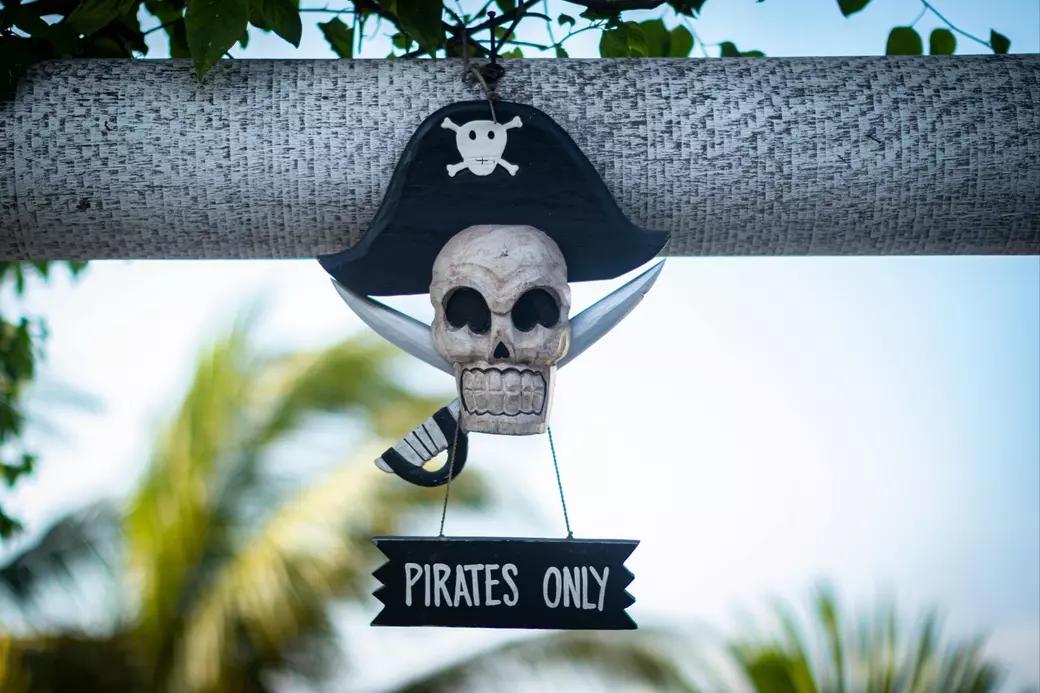
Folly Beach, South Carolina, is more than just a charming coastal town—it’s a place steeped in history, folklore, and local legends. Known for its laid-back atmosphere and stunning ocean views, Folly Beach has earned the nickname “The Edge of America.” But beneath its serene exterior lies a history filled with stories of pirates, shipwrecks, and even the haunting name “Coffin Island.” Let’s dive into the rich history of this unique barrier island and discover the origins behind its intriguing names.
The Pirates of Folly Beach
Folly Beach’s history of piracy dates back to the 17th and 18th centuries, during the Golden Age of Piracy. Its location, just south of Charleston, made it an ideal spot for pirates to seek refuge, resupply their ships, and launch attacks on passing merchant vessels. The intricate network of inlets and creeks provided excellent hiding places for pirates, while the proximity to Charleston’s bustling port offered plenty of opportunities for plundering.
One of the most infamous pirates associated with the area was Edward Teach, better known as Blackbeard. Legend has it that Blackbeard and his crew often sailed the waters around Folly Beach, hiding their stolen treasures along the shoreline. Although there are no confirmed discoveries of buried pirate treasure on the island, local folklore is full of tales of gold and jewels hidden in the sands of Folly Beach.
In addition to Blackbeard, other notorious pirates such as Stede Bonnet and Anne Bonny were said to have sailed the waters near Charleston and Folly Beach. These pirates took advantage of the island’s isolated location, using it as a base to evade capture while plotting their next attacks on unsuspecting ships.
Why is Folly Beach Called “The Edge of America”?
Folly Beach’s nickname, “The Edge of America,” reflects its geographical and cultural significance. Situated on a barrier island, Folly Beach is often described as the last strip of land before the Atlantic Ocean. The expansive horizon that stretches endlessly over the ocean gives visitors the sense of standing at the very edge of the country, where land meets the vastness of the sea.
But beyond its literal meaning, the phrase also embodies the unique, free-spirited atmosphere of Folly Beach. Unlike other more developed coastal towns, Folly Beach has maintained a bohemian, laid-back vibe that feels a bit like stepping back in time. From its eclectic mix of surf shops, seafood shacks, and vibrant street art to its reputation as a haven for surfers and beach lovers, Folly Beach has cultivated an identity that embraces a sense of freedom and adventure. For many, it feels like a place where the constraints of daily life fade away—a fitting description for “The Edge of America.”
The Mysterious Name: Coffin Island
Long before Folly Beach became known as “The Edge of America,” it was called Coffin Island by early settlers and sailors. The origin of this name is tied to both folklore and historical events.
One widely accepted theory is that the name “Coffin Island” referred to the island’s role as a quarantine station in the early 18th century. Ships arriving in Charleston with crew members suffering from contagious diseases like yellow fever, smallpox, or cholera were diverted to the island to prevent the spread of illness to the mainland. Sadly, many who were sent to quarantine did not survive, leading to mass burials on the island. The association with death and disease likely gave rise to the foreboding name "Coffin Island."
However, another compelling theory links the name to the prominent Coffin family, who were wealthy plantation owners in both Beaufort and Charleston counties during the 18th and 19th centuries. The Coffins were an influential family in South Carolina’s Lowcountry, with their plantations playing a significant role in the region’s economy. Though the Coffins were more associated with mainland plantations, the name "Coffin Island" could have been a reference to the family, as it wasn’t uncommon for islands and landmarks to be named after notable local families during that period.
Regardless of the exact origin, the dark and haunting history of Coffin Island stuck for a time. As the quarantine station fell out of use and the island began to develop, its name shifted to Folly Beach, shedding the grim association with death. The word “folly” comes from Old English, meaning an area of dense foliage or underbrush, which described the wild, overgrown nature of the island when early settlers arrived. The name change helped redefine the island's identity as a place of beauty and leisure rather than tragedy.
Pirates, Legends, and Folly Beach Today
While Folly Beach may no longer be a haven for pirates, the spirit of adventure and freedom remains alive in its culture. Visitors to Folly can enjoy not only the natural beauty of the beach but also the rich history that continues to influence the island. Whether you’re strolling along the shore, surfing the waves, or searching for remnants of pirate lore, Folly Beach offers a unique blend of history, mystery, and laid-back charm.
From the days when pirates roamed its shores to its modern identity as "The Edge of America," Folly Beach is a destination that invites you to step into the past while enjoying the present. And who knows—perhaps there’s still a hidden treasure waiting to be discovered beneath the sands of this remarkable island.
Categories
- All Blogs (81)
- 1031 exchange (2)
- 2024 market (1)
- 55 and over community (1)
- activities (2)
- african american (2)
- ai (1)
- ai design (1)
- angel oak tree (2)
- antebellum (2)
- assisted living (1)
- authors (1)
- blue bottle tree (1)
- boating (2)
- books about the lowcountry (1)
- boone hall (2)
- bulls island (2)
- buyer (8)
- buying (21)
- buying a home (20)
- buying in mount pleasant (6)
- buying in the lowcountry (6)
- buying on the water (4)
- cad (1)
- canoeing (1)
- charleston (30)
- charleston county (15)
- charleston tax (2)
- chart a boat (1)
- childhood home (1)
- climate change (1)
- coastal design (1)
- coastal erosion (1)
- coastal kitchen (1)
- coffee (1)
- coffee shops in charleston (1)
- condos (1)
- culinary (1)
- cypress gardens (1)
- design (2)
- dewees island (1)
- dock (2)
- docklife (1)
- downtown charleston (1)
- drayton hall (2)
- elderly couple (1)
- estate (1)
- farmers markets (1)
- flowers (1)
- folklore (1)
- folly beach (3)
- folly river (1)
- food (1)
- forestland (1)
- Fourth of July in Charleston (1)
- garden (1)
- gardening (1)
- georgian (1)
- greater charleston (5)
- greek revival (1)
- green thumb (1)
- greenhouse (1)
- gullah (1)
- haint blue (1)
- heirs' property (1)
- high water (1)
- historic architecture (1)
- historical homes (2)
- history (1)
- hoa fees (1)
- home buying (8)
- home repair (3)
- home styles (1)
- homeowner (6)
- homeownership (6)
- homes for sale in charleston (1)
- homes for sale in james island (1)
- homes for sale in mount pleasant (1)
- homes for sale in west ashley (1)
- homestead (1)
- homestead exemption (1)
- hospitality (1)
- hostess (1)
- hosting (1)
- houses (1)
- hurricane (1)
- insulation (1)
- interior decor (3)
- interior design (2)
- interiordesign (1)
- intracoastal (3)
- investing (1)
- investment (2)
- investment property (1)
- isle of palms (3)
- italiante (1)
- james island county park (1)
- john's island (1)
- kayaking (1)
- kitchen design (2)
- kitchen layout (1)
- land in common (1)
- lighthouse (1)
- lighthouses (1)
- lowcountry (10)
- luxury (1)
- luxury real estate (1)
- magnolia plantation (2)
- marketing (2)
- marketingyourhome (1)
- marsh (1)
- mold (1)
- mold in homes (1)
- mold in the lowcountry (1)
- mold remediation (1)
- mount pleasant (5)
- moving (3)
- moving to charleston (5)
- movingoutofstate (1)
- movingtocharleston (2)
- nar (1)
- nar lawsuit (1)
- nautical (1)
- oak trees (1)
- paddleboarding (1)
- palm trees (1)
- palmetto (1)
- palmetto trees (1)
- plantation (1)
- plantations (2)
- property (1)
- property preservation (1)
- raised homes (1)
- real estate (7)
- realestate (2)
- realestatemarketing (1)
- realty (6)
- realty101 (1)
- regime fees (1)
- relocation (1)
- relocationcosts (1)
- remediation (1)
- rental (1)
- rental properties (1)
- restaurant week (1)
- restaurants (1)
- retirement (1)
- sailing (1)
- seller (3)
- selling (10)
- selling a home (3)
- selling in charleston (4)
- selling in mount pleasant (2)
- selling on the water (1)
- selling your home (5)
- sellingyourhome (1)
- senior citizen (1)
- senior citizens (1)
- senior living (1)
- shark tooth (1)
- shem creek (2)
- south (1)
- south carolina (4)
- south of broad (1)
- southern architecture (1)
- southern folklore (1)
- southern hospitality (1)
- southern lady (1)
- southern living (2)
- spanish moss (1)
- spray foam (1)
- spray foam insulation (1)
- sullivans island (2)
- sweetgrass (1)
- sweetgrass baskets (1)
- taxes (1)
- tidal (1)
- title (2)
- title insurance (1)
- tour (1)
- tour times (1)
- townhomes (1)
- useanagent (1)
- victorian (1)
- wando river (1)
- water views (1)
- waterways (2)
- whyagentsmatter (1)
- winter (1)
- winter maintenance (1)
- winter ready (1)
- winterize (1)
Recent Posts
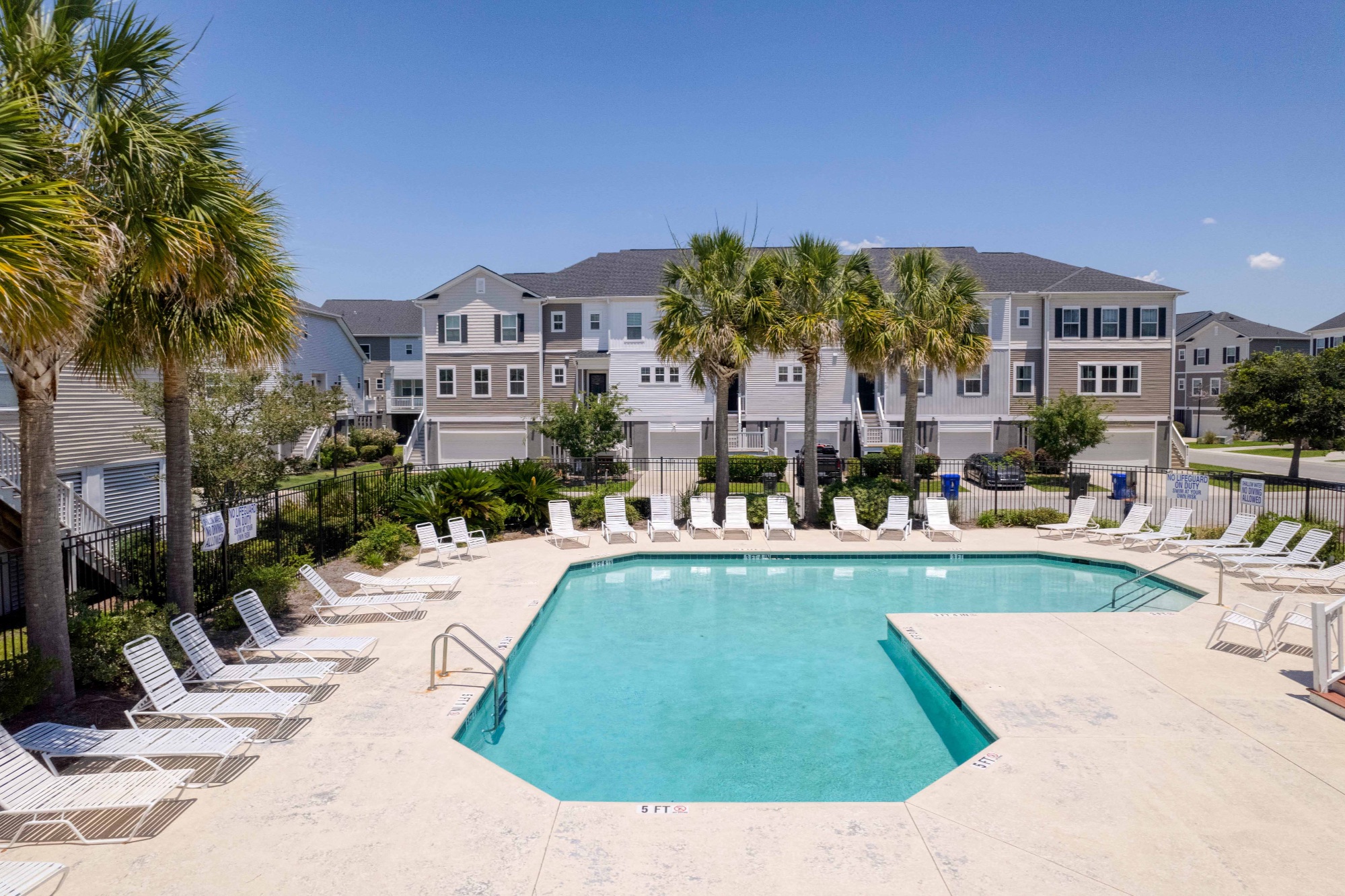

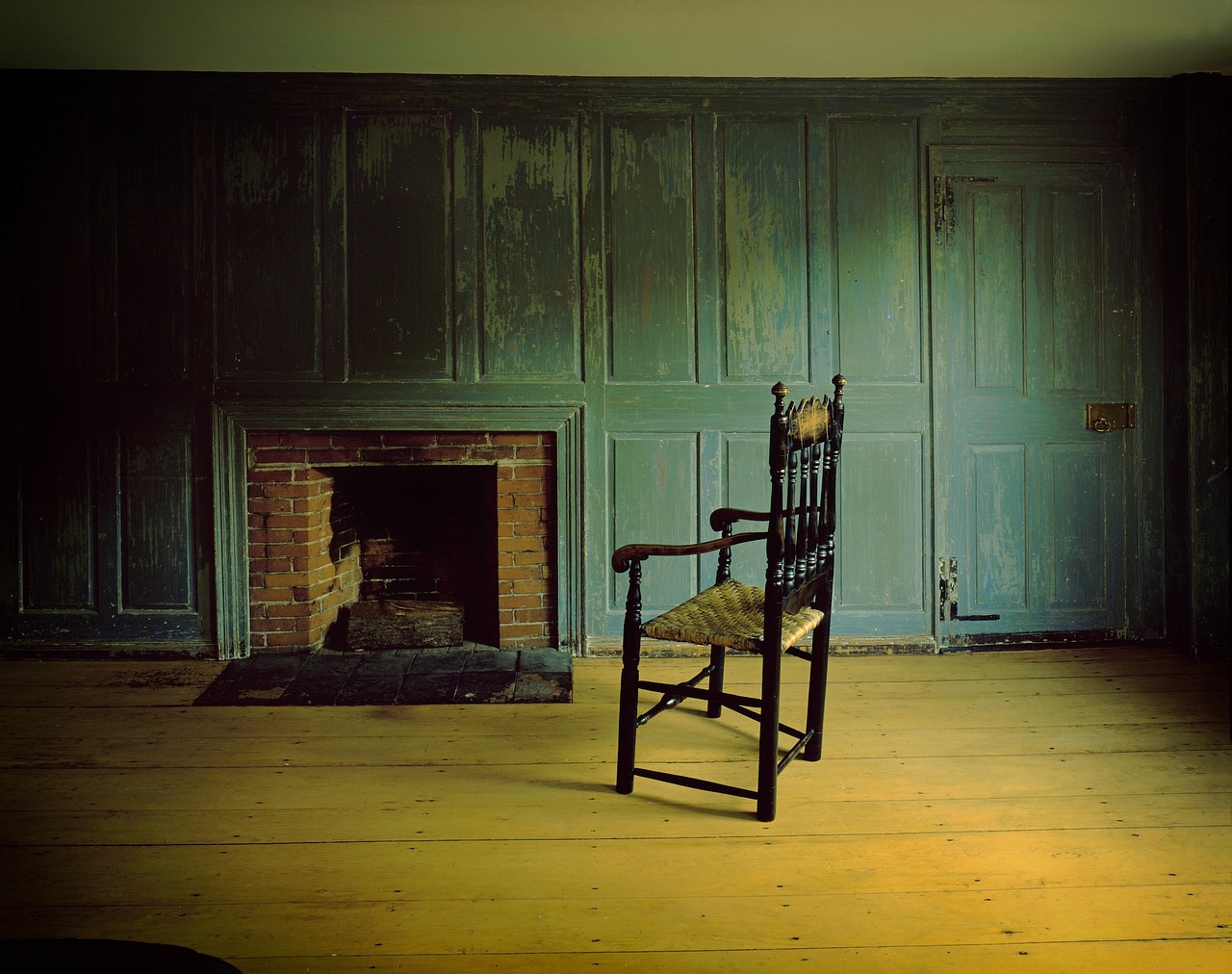



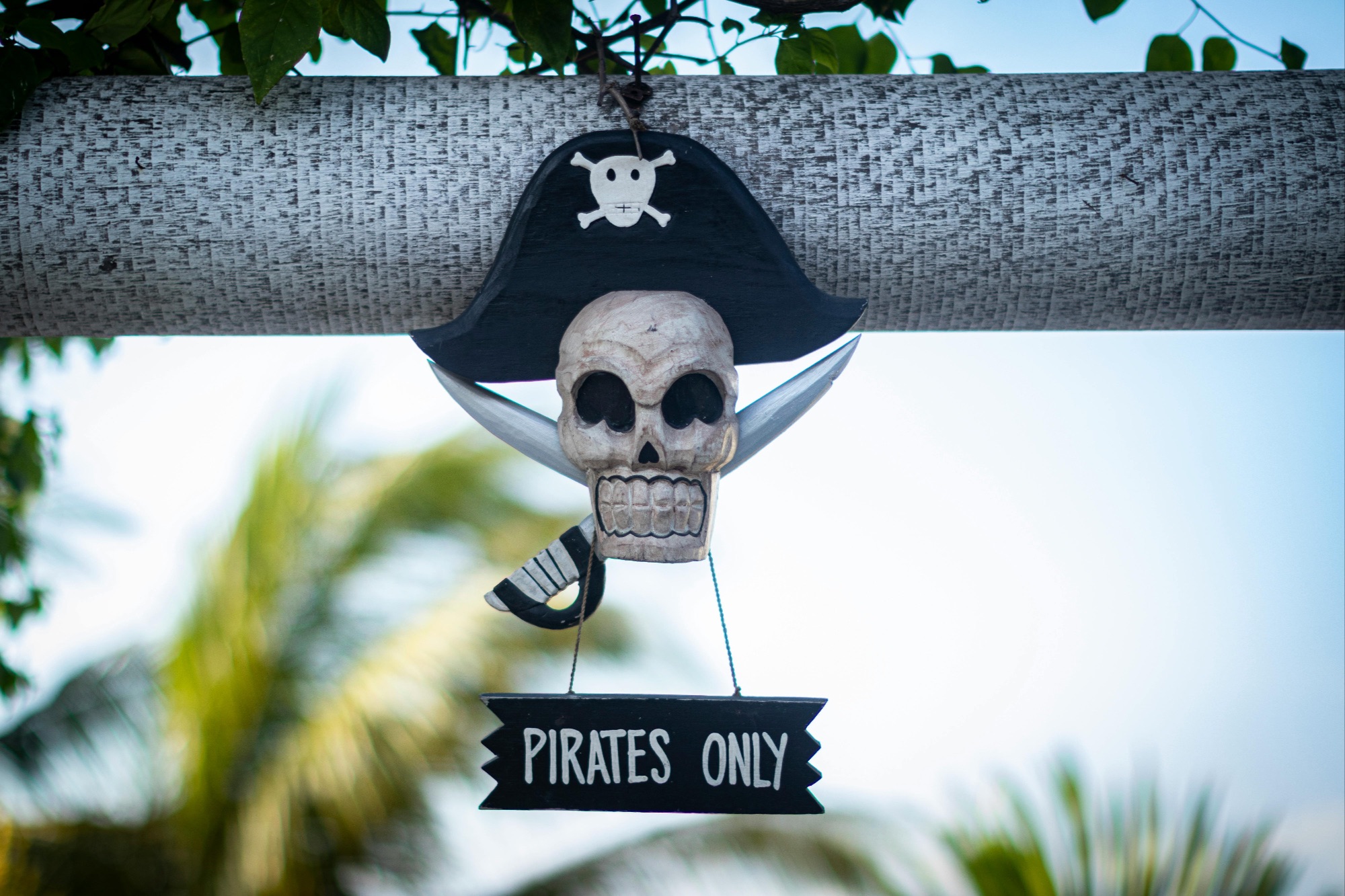


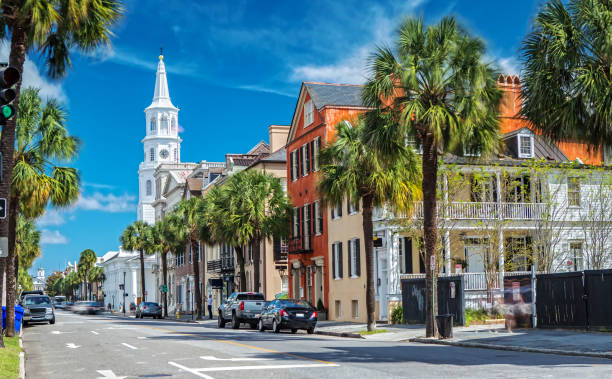
"My job is to find and attract mastery-based agents to the office, protect the culture, and make sure everyone is happy! "

